Imagine stepping into a time machine and traveling back 5,000 years. You find yourself in the bustling city of Ebla, a powerful kingdom in what is now northern Syria. The streets are alive with merchants speaking different languages, trading luxurious textiles, spices, and beautifully carved wooden furniture. But hidden deep inside the grand royal palace lies something even more extraordinary—the world’s first library.
The First Library: A Discovery That Shocked the World 📖🔎
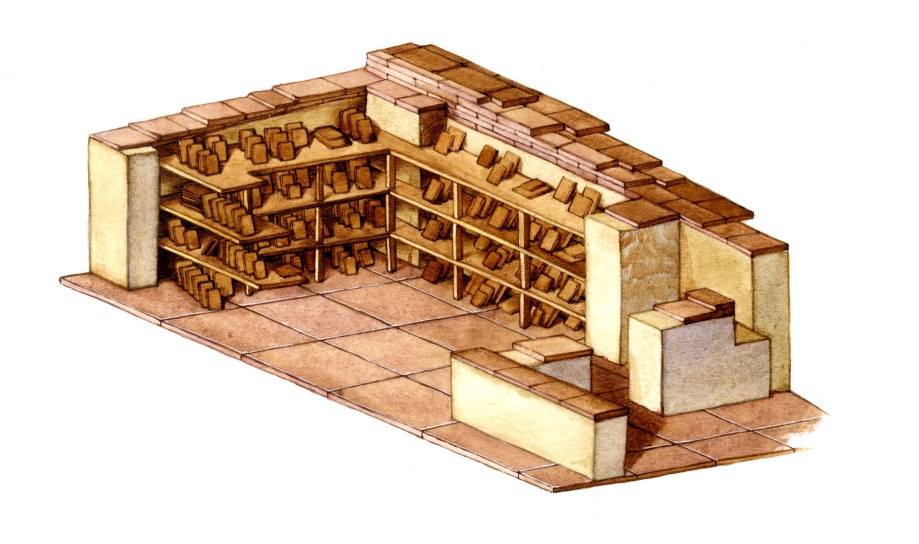
Fast forward to 1975. A group of archaeologists digging in the ruins of Ebla make a discovery that changes history forever. Hidden in a rectangular room, no bigger than an average living room, they find an archive filled with about 1,500 ancient clay tablets stacked neatly on shelves. These weren’t just random scribbles—these were carefully organized records, written in cuneiform, preserving details of life in Ebla from thousands of years ago.
These weren’t just old dusty tablets; they were a treasure trove of knowledge. The library held records of business transactions, diplomatic agreements, and even school lessons. Imagine an ancient student sitting in class, struggling to memorize his Akkadian vocabulary just as kids today might struggle with English or Spanish. Yes, Ebla had a school, and they even had a foreign language program!
The discoveries found in the tablets of the library were astonishing. Here are some of them:
1. The First Dictionary: Ebla, the Language Lab 🗣️
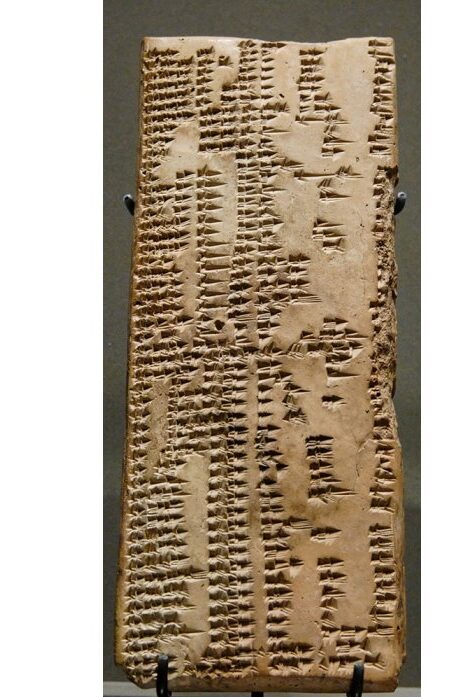
Learning a foreign language is tough, but Ebla’s scholars made it easier 5,000 years ago! They created the world’s first bilingual dictionary, listing words in both Eblaite (a Semitic language) and Sumerian. The dictionary wasn’t just a list of random words—it served as a linguistic bridge between two major ancient civilizations. Sumerians spoke a language unrelated to Semitic languages, and Eblaite was part of the Semitic family. This bilingual resource highlights how Ebla’s scholars understood the importance of communication and diplomacy, fostering cross-cultural interaction long before globalization.
The dictionary not only helped in daily communication but also contributed to international relations, as trade and diplomacy were essential aspects of Ebla’s power. This discovery shows that Ebla was an early melting pot of cultures, languages, and ideas.
2. The First School for Teaching Foreign Languages 📚
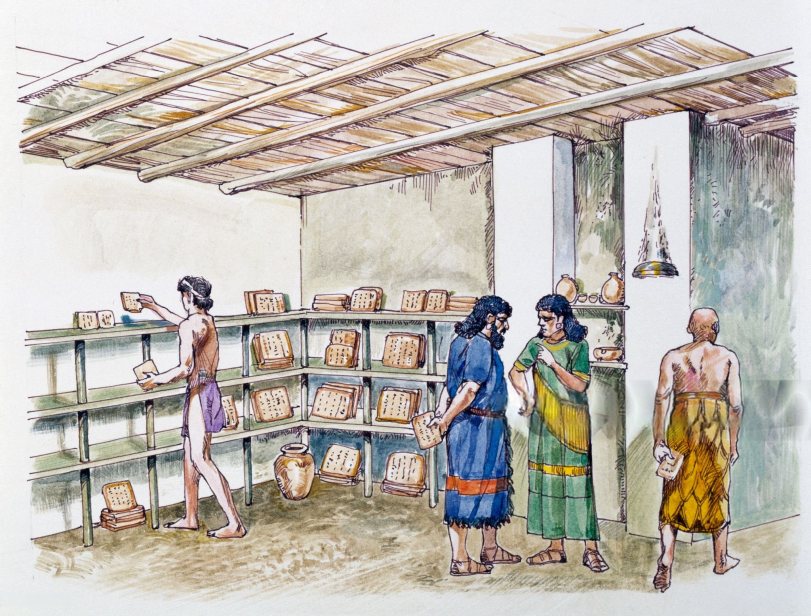
Ebla’s educational system was groundbreaking, especially its foreign language programs. The presence of a school specifically teaching Akkadian, a lingua franca of the region, shows that Ebla understood the importance of language in commerce and diplomacy. This makes Ebla one of the earliest known societies to formalize foreign language instruction in schools.
Students likely used the bilingual dictionary as a primary resource to learn and master Akkadian, a language spoken across the Mesopotamian world. In doing so, Ebla was teaching not just language, but also cultural understanding, allowing future generations to engage with neighboring cultures. This foreign language curriculum likely played a critical role in Ebla’s ability to thrive as a trade hub and cultural center. The school system represented an advanced understanding of education, far ahead of its time, and its legacy helped shape the development of later educational models.
3. The First Parliament: Democracy Before Democracy 🏛️
Before Athens and Rome, Ebla had a system of governance that included a Council of Elders, an early version of a parliament. The council was composed of influential figures from different areas of society, and it advised the king on matters of state. Unlike other ancient civilizations where kings held absolute power, the Council of Elders provided checks and balances, ensuring that no single ruler had unchecked authority.
This early form of governance demonstrated shared leadership and a sense of accountability. While it wasn’t democracy in the modern sense, it laid the groundwork for later democratic principles. The idea of collective decision-making and the role of advisors in governance shows that even ancient societies were experimenting with more collaborative systems, hinting at the roots of democratic thought.
4. Women’s Rights: A Society Ahead of Its Time 👩
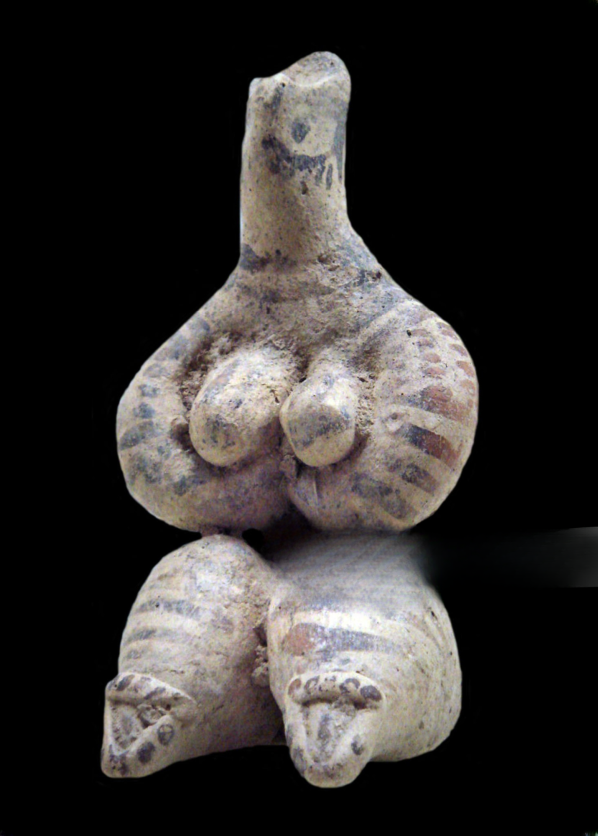
Unlike many ancient societies, where women had limited rights and influence, Eblaite women held significant power in both the religious and economic spheres. Women played central roles in the community, and some even held titles of priestesses or economic managers. Ebla was one of the few societies where women were respected and revered, and it was reflected in their active participation in temple activities, trade, and government.
A temple dedicated to Ishtar, the goddess of fertility, love, and justice, was one of the city’s major religious institutions, emphasizing the importance of women in Eblaite society. Ishtar’s temple was not just a religious center, but also a symbol of the high social status of women. These cultural practices reflect a society that valued equality and respected the role of women, challenging the patriarchal norms of many other ancient cultures.
5. The First Legal Code: The Birth of Justice ⚖️
Ebla was one of the first civilizations to put laws in writing, developing one of the earliest legal systems in human history. Long before the famous Code of Hammurabi, Ebla had already established written laws that covered everything from trade regulations to marriage laws and property rights. This indicates that Ebla placed a high value on justice and order—principles that were integral to their society’s functioning.
Ebla’s legal system was comprehensive, addressing various aspects of daily life, and it even included penalties for wrongdoers to maintain fairness. The discovery of these laws shows that Ebla was an advanced society that understood the need for structured governance to preserve peace and order, laying the foundation for modern legal systems.
6. The First Medical Conference: The Birth of Medicine 🏥
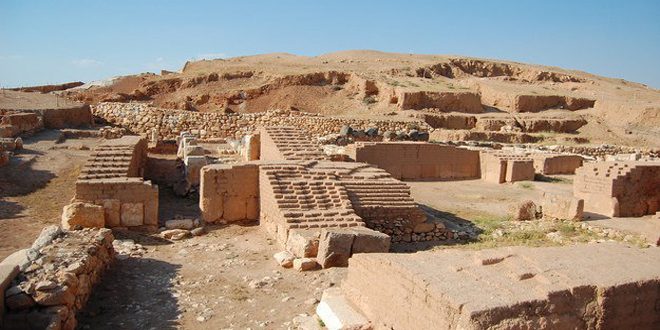
Ebla hosted the first recorded medical conference, where doctors and scholars from various regions gathered to exchange knowledge on treatments, herbal remedies, and medical practices. These ancient medical discussions helped advance the understanding of diseases, surgery, and medicine as a whole.
Eblaite doctors were not isolated—they were part of a broader network of medical professionals who shared expertise and knowledge. This collaborative approach was a precursor to modern-day medical conferences, where doctors continue to share innovative treatments and research findings. The discovery highlights the early advancements of ancient medicine, which influenced later health practices.
7. The First Bureaucratic System: The Power of Organization 📜
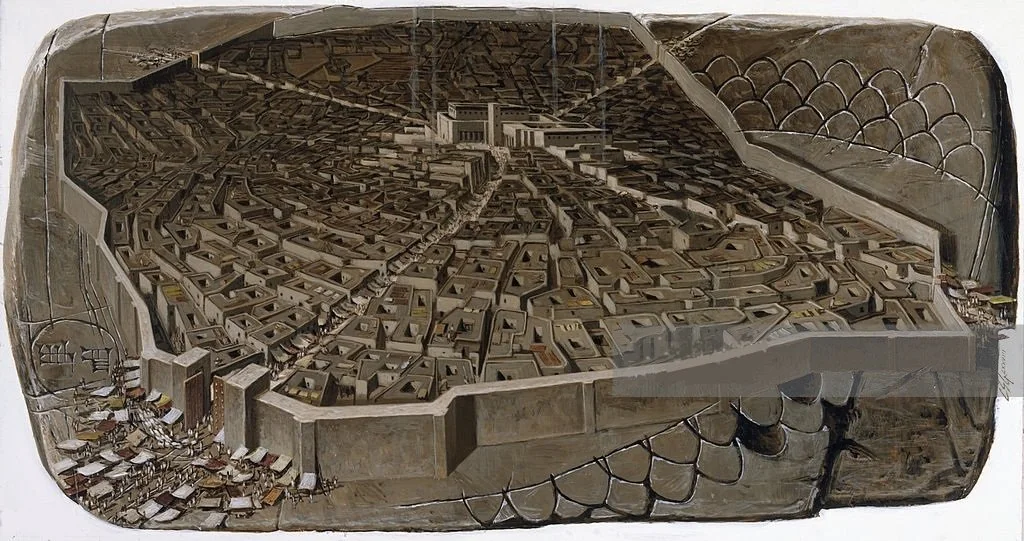
Ebla is also credited with creating one of the earliest bureaucratic systems in history. The Ebla Archives contained meticulous records of trade deals, taxes, royal decrees, and diplomatic agreements, showcasing the city’s organizational prowess. This was an early form of administration that involved record-keeping and documenting transactions, ensuring that the city ran smoothly and efficiently.
The bureaucratic system allowed Ebla to manage its resources effectively, ensuring fair taxation, efficient trade practices, and orderly governance. Ebla’s ability to organize and document everything from taxes to trade demonstrates how efficiency and structure were integral to their success.
8. The First Mention of the Olive Tree: Ebla’s Gift to the Mediterranean 🌿
The Eblaite tablets contain the earliest known reference to the olive tree, marking Ebla as the birthplace of olive cultivation. This discovery reveals that the city had an advanced understanding of agriculture, particularly with crops that would become essential to the Mediterranean diet.
The ancient Eblaites even included an olive oil recipe, noting its health benefits. This suggests that olive oil was valued not only for its culinary uses but also for its medicinal properties, which would later influence Mediterranean cultures. Today, olive oil remains a cornerstone of the Mediterranean diet, and Ebla is credited with introducing this staple to the world.
A Library That Defied Fire: How Ebla’s Knowledge Survived 🔥
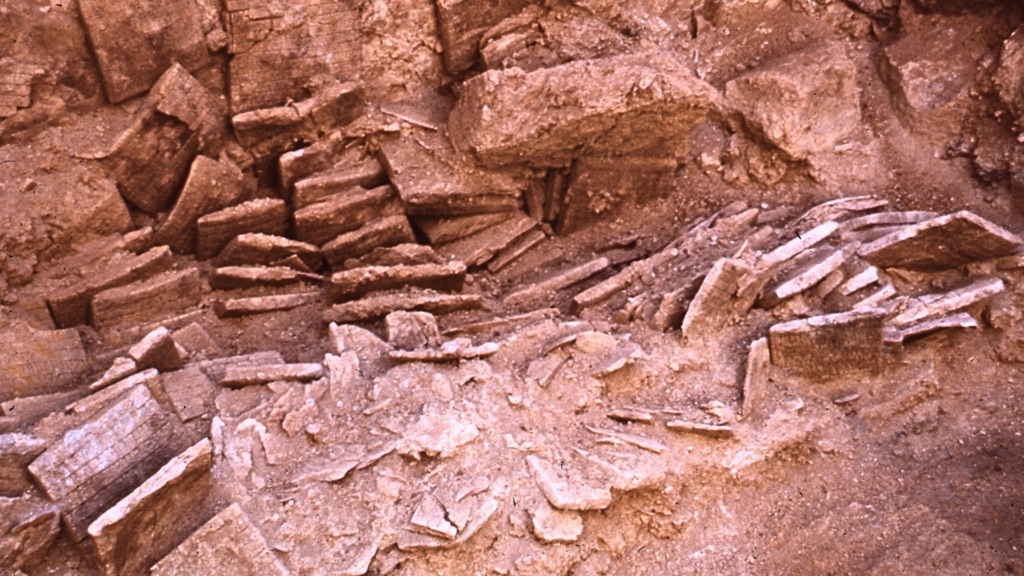
One of the most remarkable aspects of the Eblaite library is how it survived a devastating fire. The fire, which likely destroyed parts of the royal palace, actually preserved the clay tablets instead of damaging them. The intense heat baked the tablets like pottery, hardening them and preserving the written records inside.
This accidental preservation technique has allowed Ebla’s library to survive for millennia, and these records are still legible today, unlike many other ancient libraries that were lost to time. The story of how fire preserved knowledge is a powerful reminder of how sometimes the forces of nature can preserve our most precious historical records.
A Civilization Yet to Be Fully Uncovered ⏳
Despite its destruction, Ebla still holds countless secrets. Many areas of the ancient city remain buried, waiting to be discovered. Who knows what else might be hiding beneath the Syrian soil? New discoveries could rewrite history yet again!
Why Ebla Still Matters Today 🌍
Ebla wasn’t just an ancient kingdom—it was a pioneer of civilization. The discoveries in its archives changed everything we thought we knew about history and proved that Syria was one of the world’s most advanced civilizations 5,000 years ago.
From law and government to language, education, medicine, and agriculture, Ebla laid the foundation for modern societies. But perhaps the most important lesson from Ebla is that knowledge is meant to be shared. Just as the Ebla tablets preserved information for future generations, we should continue to preserve and share our own discoveries for the benefit of humanity.
So the next time you find yourself strolling through a museum, reading a history book, or visiting an ancient ruin, take a moment to remember Ebla—the city that gave us so much of the knowledge that we still cherish today.
Sources:
